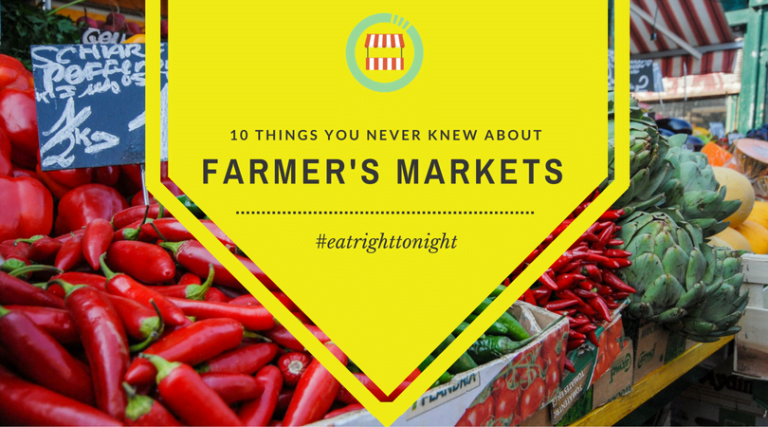Farm Markets: Promoting Sustainability Through Local Products and Community Support
Farmers markets play a vital role in promoting sustainability by emphasizing local products, supporting local economies, and reducing environmental impact.
These markets serve as hubs where farmers, artisans, and consumers come together to exchange goods, foster community connections, and contribute to a more sustainable future.
This article explores how farm markets contribute to sustainability through the use of local products, employment of local people, minimized fuel miles, and meeting immediate community needs.
Supporting Local Agriculture and Reducing Fuel Miles
Farm markets prioritise locally grown and produced goods, which reduces the distance food travels from farm to consumer compared to supermarket supply chains.
This emphasis on local sourcing significantly reduces fuel consumption and carbon emissions associated with transportation, contributing to environmental conservation efforts.
By supporting local agriculture, farm markets also help preserve farmland and promote biodiversity by maintaining diverse crop varieties suited to local climates and soil conditions.
For example: In a small town, the weekly farmers market showcases fresh vegetables, fruits, and artisanal products sourced from nearby farms and producers. By purchasing these locally grown items, community members reduce their carbon footprint and support sustainable farming practices.

Economic Impact: Employment and Community Support
Farm markets serve as economic engines for local communities by providing income opportunities for farmers and artisans. These markets create direct employment for farmers who sell their products directly to consumers, eliminating the need for intermediaries and ensuring fair compensation for producers.
Additionally, artisans and food vendors often operate stalls at these markets, further stimulating the local economy.
For example: Jane, a local farmer, employs several seasonal workers to harvest and prepare produce for the weekly farmers market. The income generated supports not only her family but also local suppliers who provide farming equipment and supplies.

Meeting Immediate Community Needs
Farm markets offer immediate access to fresh, nutritious food that is often harvested at peak ripeness and flavour. Unlike supermarket produce that may travel long distances and endure extended storage, farm market offerings are freshly picked, ensuring superior taste and nutritional value.
This direct-to-consumer approach promotes healthier eating habits and supports food security initiatives within communities.
For example: Families visiting the farmers market can purchase freshly picked tomatoes, cucumbers, and herbs to prepare nutritious meals at home. This access to locally grown produce encourages a diet rich in vitamins and minerals, benefiting community health.

Building Community Resilience and Connection
Beyond economic and environmental benefits, farm markets strengthen community ties by creating gathering spaces where residents can socialize, learn about agriculture, and celebrate local culture.
These markets often host educational workshops, cooking demonstrations, and cultural events that promote awareness of sustainable farming practices and traditional foodways.
Some examples of this include: The annual Harvest Festival at the community farmers market features live music, cooking competitions using local ingredients, and educational booths showcasing sustainable farming techniques. Residents of all ages gather to celebrate local agriculture and strengthen community bonds.

Environmental Conservation and Sustainable Practices
Farm markets encourage sustainable farming practices such as organic cultivation, integrated pest management, and soil conservation techniques. Farmers who sell at these markets often prioritise environmentally friendly methods that minimize chemical inputs and promote soil health.
By supporting these practices, consumers contribute to preserving natural resources and reducing agricultural impacts on ecosystems.
An example of this may be: A local farm participating in the farmers market uses composting and crop rotation to maintain soil fertility without synthetic fertilizers. This approach protects water quality and biodiversity in nearby streams and wildlife habitats.

Conclusion
Farmers markets play a pivotal role in promoting sustainability through the use of local products, employment of local people, reduced fuel miles, and meeting immediate community needs.
These markets not only support local agriculture and economies but also foster environmental conservation efforts and community resilience. By choosing to shop at farmers’ markets, consumers actively contribute to a sustainable future by reducing their carbon footprint, supporting small-scale farmers, and enjoying fresh, nutritious foods grown close to home.
As farm markets continue to evolve and expand their reach, their impact on sustainability will remain critical in shaping resilient communities and preserving the natural environment for future generations. Embracing the principles of local sourcing, community support, and environmental stewardship, farm markets exemplify a pathway towards a more sustainable and interconnected society.







